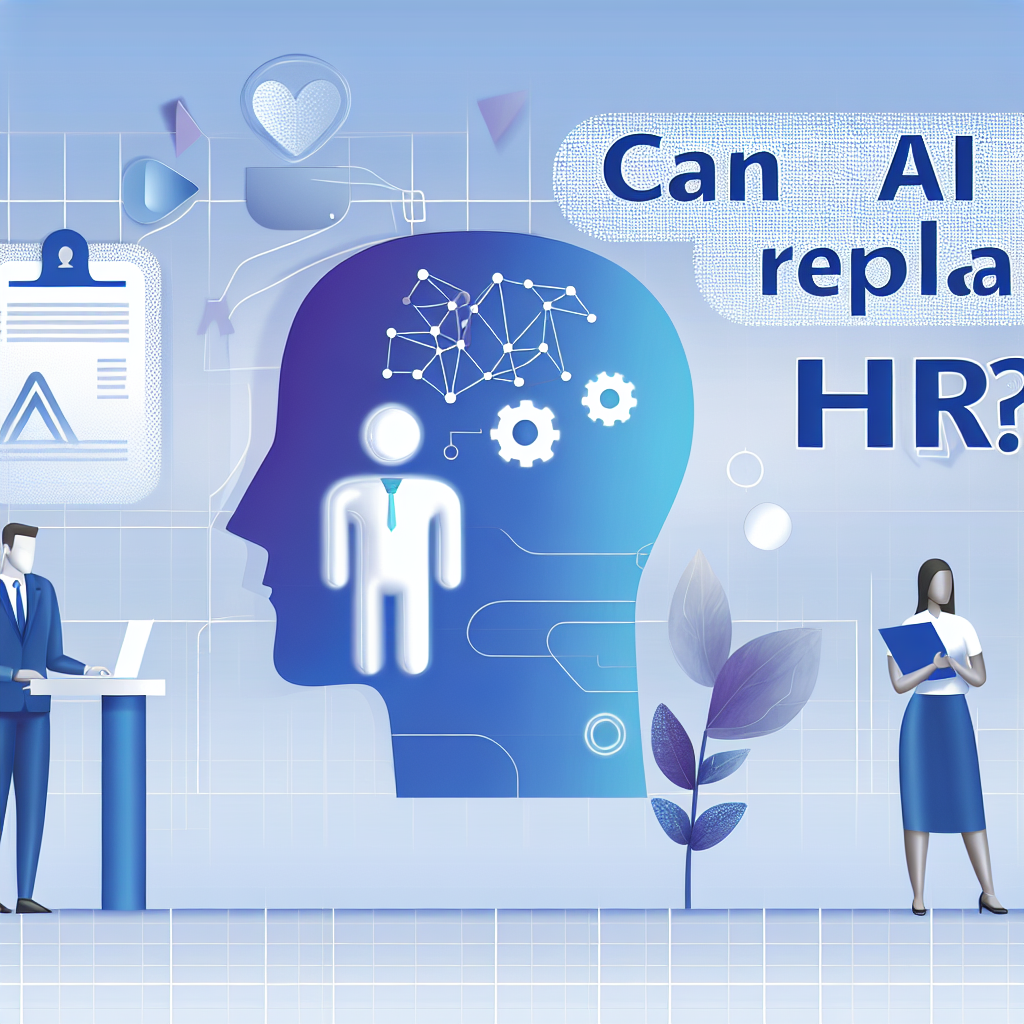In today’s competitive landscape, Human Resource Professionals must adapt and evolve to meet the challenges posed by the job market. As the nature of work continues to shift, understanding how to recruit and retain talent effectively is critical for organisational success. This blog post will provide insights and practical tips that can considerably improve your hiring strategies and enhance employee engagement.
The Importance of Employer Branding
Employer branding is the process of promoting your company as the employer of choice. A strong employer brand not only attracts top talent but also helps in retaining existing employees. Here are some key strategies to consider:
- Showcase Company Culture: Highlight your workplace culture on social media and your careers page.
- Employee Testimonials: Share stories from current employees that reflect their positive experiences.
- Community Engagement: Participate in community initiatives to demonstrate your commitment to social responsibility.
Crafting an Attractive Job Description
Your job descriptions are often the first impression candidates have of your company. To create an engaging job description, incorporate these elements:
- Clear Role Expectations: Define the responsibilities and expectations clearly.
- Skills and Qualifications: Highlight the essential skills required for the position.
- Opportunities for Growth: Mention potential career pathways within your organisation.
Moreover, use a friendly tone that reflects your company culture. Avoid jargon or overly formal language that might deter candidates.
Leveraging Technology in Recruitment
Technology plays a vital role in modern recruitment processes. Implementing innovative recruitment solutions can streamline your hiring efforts. Consider these tools:
- Applicant Tracking Systems (ATS): Use ATS software to manage applications effectively.
- AI Recruitment Tools: Leverage artificial intelligence to assess CVs and identify suitable candidates faster.
- Video Interview Platforms: Facilitate remote interviews to expand your candidate pool.
Data-Driven Recruitment
Utilising data analytics can provide insights into your hiring practices. Tracking metrics such as time-to-fill, candidate source effectiveness, and employee turnover can help refine your recruitment strategy. Understanding this data enables HR professionals to make informed decisions.
Building Relationships with Candidates
Great candidate experiences can set your organisation apart. Here are effective ways to foster relationships:
- Personalised Communication: Use candidates’ names and send personalised interview invites.
- Regular Updates: Keep candidates informed about their application status.
- Feedback Mechanisms: Provide constructive feedback to candidates, whether they are successful or not.
Creating a Positive Interview Experience
The interview process can be a stressful experience for candidates. Here are suggestions to enhance their experience:
- Clear Instructions: Provide candidates with details of the interview process in advance.
- Friendly Environment: Foster a welcoming atmosphere during interviews.
- Engage in Conversation: Make interviews feel more like conversations than interrogations.
Focusing on Diversity and Inclusion
A strong focus on diversity and inclusion is not only ethical but also beneficial for business performance. Diverse teams offer varied perspectives that can drive innovation. To promote inclusivity:
- Broaden Sourcing Strategies: Use diverse job boards and communities to reach a wider audience.
- Bias Training: Implement training sessions for hiring teams to mitigate potential bias in recruitment.
- Inclusion Policies: Clearly communicate your commitment to inclusion in all recruitment materials.
The Role of Employee Referrals
Encouraging employee referrals can be an effective method of sourcing candidates. Employees who refer candidates often bring quality talent that aligns with the company culture. To incentivise referrals:
- Offer Rewards: Implement a referral programme with attractive bonuses for successful hires.
- Communicate Opportunities: Regularly share job openings with your employees.
- Encourage Participation: Make it easy for employees to refer candidates by providing them with the necessary tools.
Onboarding and Employee Engagement
Once you have successfully recruited talent, the next phase is onboarding. A well-structured onboarding process can significantly enhance employee engagement and retention. Consider these approaches:
- Comprehensive Orientation: Provide an in-depth orientation that familiarises new hires with the company culture, values, and processes.
- Mentorship Programs: Pair new employees with mentors to guide them through their initial stages.
- Regular Check-Ins: Schedule frequent check-ins with new hires to address any concerns and provide support.
Continuous Learning and Development
Investing in employee development is essential for promoting engagement and retaining top talent. Focus on these strategies:
- Training Opportunities: Provide access to training programmes and workshops that enhance job skills.
- Career Advancement: Encourage employees to pursue career advancement through promotions and internal mobility.
- Feedback Culture: Cultivate a culture of feedback where employees feel comfortable discussing their progress and goals.
Measuring Success in Recruitment
Assessing the effectiveness of your recruitment strategies is crucial for ongoing improvement. Track the following metrics:
- Hiring Success Rate: Measure the percentage of new employees who meet performance expectations within their first year.
- Employee Retention Rate: Calculate the percentage of employees who stay with the company over a specified period.
- Candidate Satisfaction: Gather feedback from candidates regarding their experience throughout the recruitment process.
Utilisation of Surveys and Feedback
Surveys can offer valuable insights into areas for improvement. Regularly solicit feedback from recent hires and hiring managers to refine your recruitment process.
Conclusion
The evolving job market presents numerous challenges and opportunities for HR professionals. By implementing effective recruitment strategies, focusing on employer branding, embracing technology, and creating an inclusive culture, you can attract and retain the talent that drives your organisation’s success. Remember, recruitment is not just a one-time effort; it requires continuous adaptation to meet the changing dynamics of the workplace.
By prioritising these strategies, you can undoubtedly enhance your recruitment efforts and build a workforce that aligns with your company’s vision and goals.

Vadim Kouznetsov is a distinguished entrepreneur and the visionary founder and CEO of JobXDubai.com, the UAE’s rapidly expanding job board. Renowned for his expertise in bridging the gap between job seekers and employment opportunities, Vadim has become a leading authority in the recruitment and job market of Dubai.
